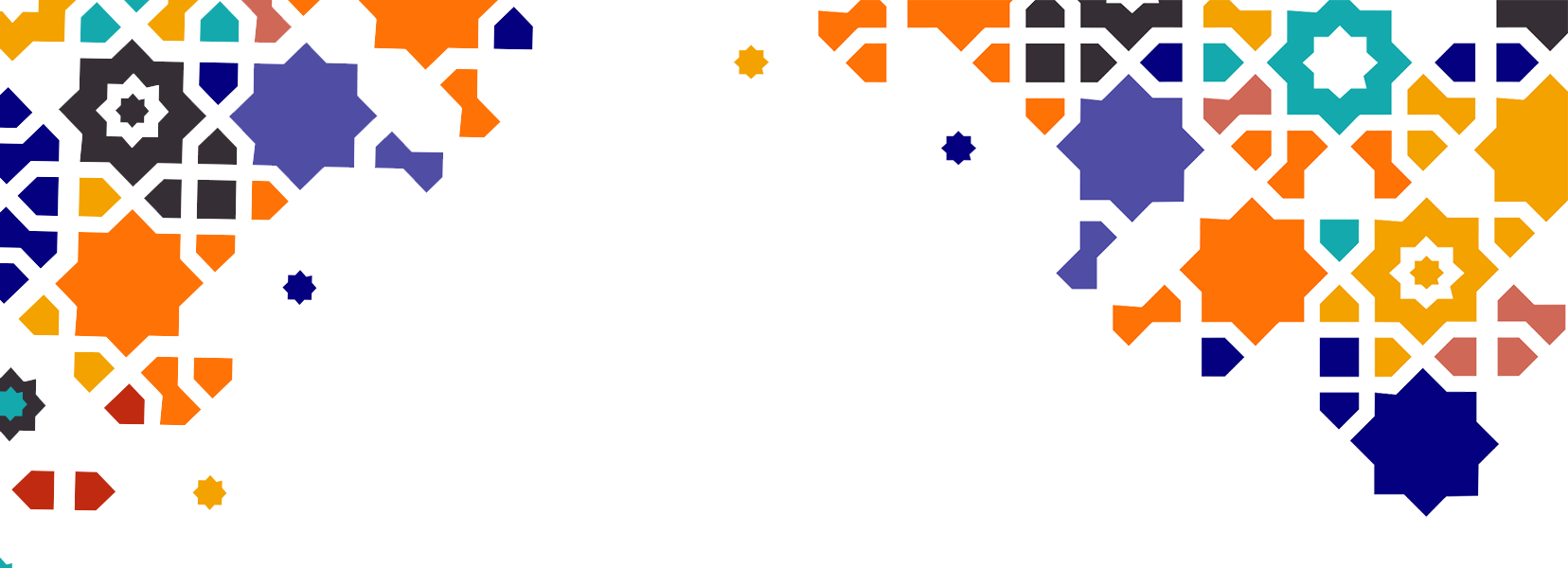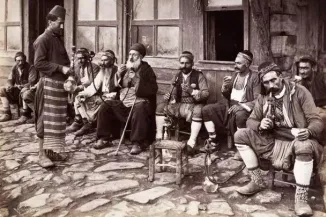
Coffee, a symbol of social change in the Middle East

Coffee, a "turquerie" like no other
Among the exotic foods that have fascinated and seduced Europe, coffee (qahwa) occupies a special place, so closely is it linked to Middle Eastern culture. Its consumption in the Arabian Peninsula is attested as early as the 6th century, and its spread throughout the Muslim world
was facilitated by the development of the pilgrimage to Mecca (the hadj), which brought together populations, ideas and products. Its trade subsequently accompanied the gradual expansion of the Ottoman Empire. Its consumption by all social classes made it "the" drink par excellence, and its preparation by decoction (in the "Turkish" style) remains unchanged to this day. With the addition of spices in Morocco, orange blossom in Algeria and Tunisia, and cardamom in the Levant and Saudi Arabia, coffee retains, despite its variations, a special aura: that of pleasure and conviviality, even if the authorities of the time viewed it with great suspicion. Indeed, as alcohol was forbidden by Islam, coffee consumption was
encouraged. However, ulemas and doctors disputed whether coffee was a stimulant or a medicine, giving rise to controversies that were often politically charged.

Street café in Istanbul, circa 1900 © Shutterstock / istanbulphotos
From social link to social place
In 1554, under the reign of Suleiman the Magnificent, the first public place dedicated to its consumption opened in Constantinople thanks to two merchants from Damascus. The concept was all the rage, with the city's intellectual and economic elite, from poets to high ranking civil servants, flocking there. Art and politics were discussed, written about and played for all to see. Moved to the street, it offers more modest populations the opportunity to inaugurate and close a hard day's work with a steaming cup. Its fragrance inspires, its aroma loosens tongues. A pretext for conversation, it is a social ritual practised beyond the public sphere, since its ceremonial also extends to the private sphere. In fact, in ancient Anatolia, it's even what the bride-to-be uses to gauge her suitor on the occasion of their meeting: a sweet coffee if the promised one finds favor in her eyes, a salty one if he doesn't. At the end of a quarrel, it's the way to resolve the conflict.

Café Fattoush in Haifa (Israel)
Coffee as a symbol of social change in the Middle East
While traditional establishments have not disappeared, some of them are experimenting with new forms of sociability: mixed, young, family-oriented and open to the world thanks to Internet access. In Tunis, for example, inclusivity is the watchword at the Liber'thé café, now a mainstay of the capital's alternative cultural scene. Ditto for Haifa's Café Fattoush, a symbol of coexistence and fraternity, which brings together Arab and Jewish cultures, a metonym for Israel's largest mixed city. At the same time, Western-style coffee shops have developed strongly in the Middle East, playing an important role in the local economy and having a significant impact on imports. In the 2000s, the United Arab Emirates became the first country to open up to foreign chains such as Starbucks, and to relax the non-mixed rule in these spaces. Between tradition and modernity, preservation and openness, coffee is without doubt one of the most significant symbols for understanding the Middle East and its evolution. This is undoubtedly one of the reasons why UNESCO included Turkish coffee in 2013 and Arabic coffee in 2015 on its list of Intangible Heritage of Humanity.
Sources :
Le café turc, une boisson et des traditions | Le Courrier de l'UNESCO
Le café (lesclesdumoyenorient.com)
Liber’Thé, incubateur de citoyenneté à Tunis | Le Courrier de l'UNESCO

